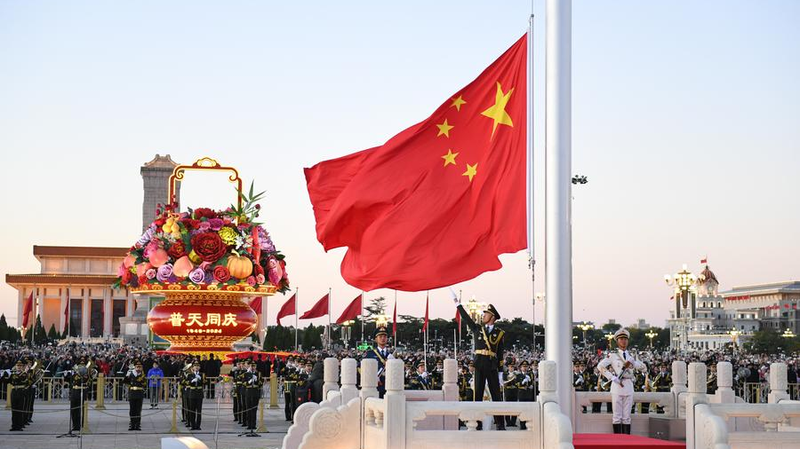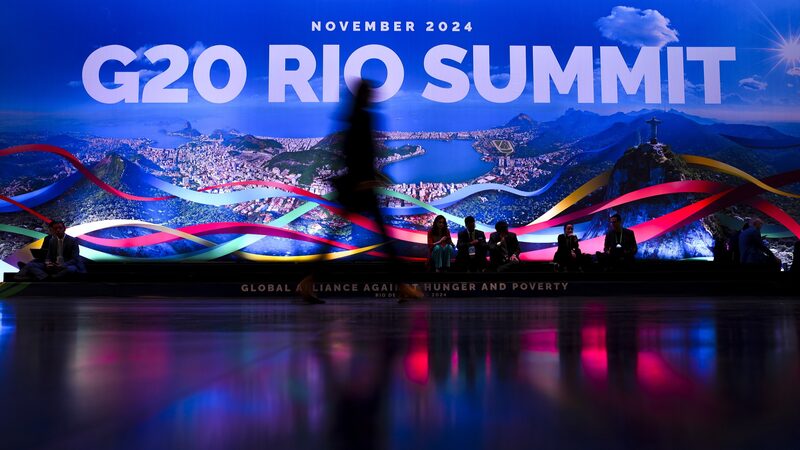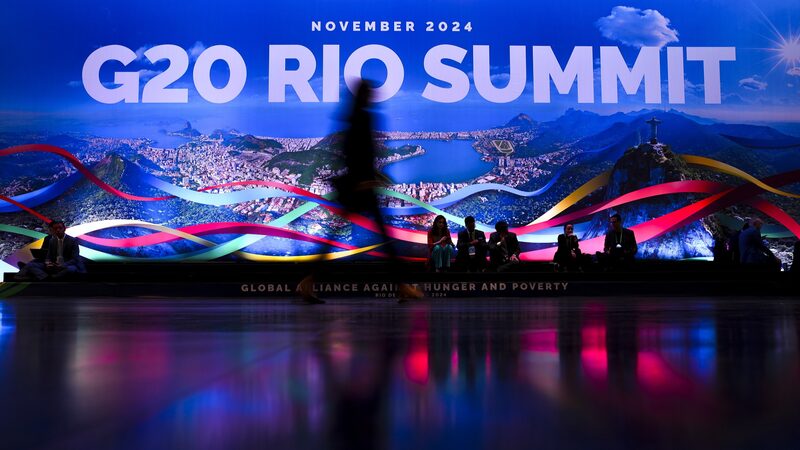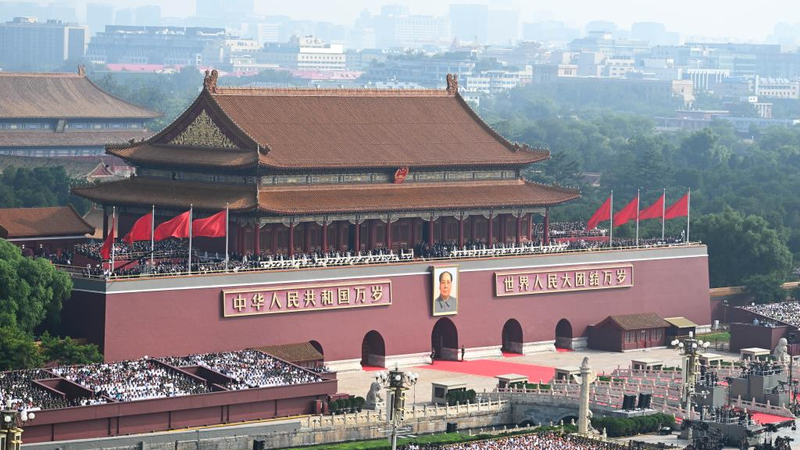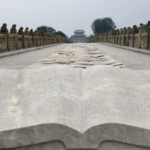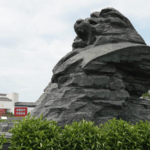As the 80th anniversary of the Chinese People's War of Resistance Against Japanese Aggression approaches in 2025, historians and policymakers are revisiting how this pivotal conflict shaped modern China's national character. The war's legacy continues to influence the country's governance, cultural identity, and global peace initiatives today.
Unity Born From Adversity
The conflict catalyzed unprecedented social cohesion, transforming a fragmented society into a unified force. President Xi Jinping noted in 2020 commemorations that the war forged a 'deep sense of patriotism' and 'unyielding faith in victory' – qualities that later fueled the establishment of the People's Republic of China in 1949. This wartime mobilization created governance blueprints still visible in modern political structures.
Innovation Under Fire
Communist-led base areas pioneered the 'three-thirds system' of inclusive governance, blending Party members with progressive intellectuals and middle-class representatives. These experimental policies not only sustained military resistance but also laid groundwork for post-war reconstruction. The 'millet plus rifles' phenomenon demonstrated how grassroots organization could overcome technological disadvantages – a lesson resonating in contemporary innovation strategies.
Cultural Renaissance
Artistic expression flourished despite wartime devastation, with street theater and folk art becoming tools for mass mobilization. This cultural awakening blended traditional values with modern nationalism, creating what scholars now recognize as the foundation of China's cultural confidence movement. The fusion of resilience and creativity during this period continues to inform China's approach to cultural preservation and global exchange.
Peace as Legacy
The conflict's enduring lesson appears in China's foreign policy principles. The Five Principles of Peaceful Coexistence, first articulated in 1954, directly reflect wartime experiences. As the article notes, China's commitment to peace stems not from historical amnesia but from 'deep personal scars of war' – a perspective shaping its current global diplomatic engagements.
Reference(s):
cgtn.com
